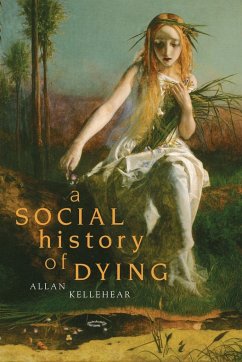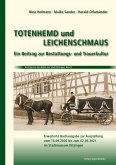Our experiences of dying have been shaped by ancient ideas about death and social responsibility at the end of life. From Stone Age ideas about dying as otherworld journey to the contemporary Cosmopolitan Age of dying in nursing homes, Allan Kellehear takes the reader on a 2 million year journey of discovery that covers the major challenges we will all eventually face: anticipating, preparing, taming and timing for our eventual deaths. This book, first published in 2007, is a major review of the human and clinical sciences literature about human dying conduct. The historical approach of this book places our recent images of cancer dying and medical care in broader historical, epidemiological and global context. Professor Kellehear argues that we are witnessing a rise in shameful forms of dying. It is not cancer, heart disease or medical science that presents modern dying conduct with its greatest moral tests, but rather poverty, ageing and social exclusion.
Hinweis: Dieser Artikel kann nur an eine deutsche Lieferadresse ausgeliefert werden.
Hinweis: Dieser Artikel kann nur an eine deutsche Lieferadresse ausgeliefert werden.








